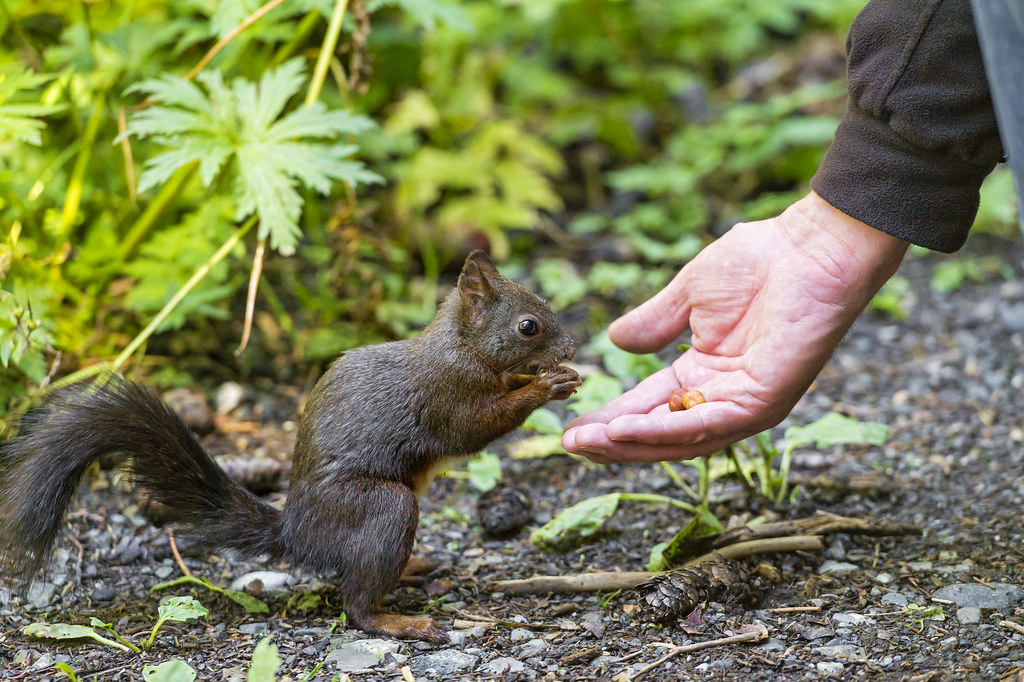Up until now, I haven’t had a single negative thing to say about Dr. Ingrid Visser (unlike her accomplice John Hargrove), a ‘marine biologist’ often cited by anti-SeaWorld activists as being a world-renowned orca expert. This I don’t doubt, but now I have some troubling insight into how a respected academic can forfeit basic scientific principals and exploit their concrete status in order to inflict harm on a company whose ethics they disagree with. Such an act reeks of confusing desperation from a side brimming with so much support.
From The Dumb Dumb (or Dodo):
“Recent footage taken at SeaWorld appears to show a mother orca who's too depressed to nurse her calf.
Ingrid Visser, Ph.D., a marine biologist who specializes in orcas, and John Hargrove, a former SeaWorld trainer, recently took a trip to SeaWorld San Diego with a team from Superpod, an upcoming orca documentary project. While there, they spotted an orca named Kasatka apparently refusing to nurse her calf, a 2-year-old male named Makani.”Now wait, let’s be clear on something. Regardless of what I’m about the speculate about this situation, I’m not going to say that Visser is definitely wrong about her biased hypothesis; that would make me guilty of the same logical fallacy she seems to be obliviously shoving to her naïve audience. Instead, I am completely against her 'methods', and I find it almost laughable (if it weren’t so sad) that she is simultaneously accusing SeaWorld of being anti-science, surely ready to launch the 'they started it!' defense if confronted.
In the video we have a brief glimpse of the orca Kasatka not allowing her calf Makani to suckle, and this is cause for headlines that the animal is “depressed”? Talk about taking the ball and running with it.
The first obvious logical fallacy the SeaWorld-hating duo is making is called confirmation bias.
Confirmation bias is the tendency to search for or interpret information in a way that confirms one's preconception—in the case of Visser and Hargove, both are dead set with their opinion that orcas are suffering 24/7 at SeaWorld, and they’ve obviously snuck into the aquatic theme park to obtain incriminating footage to suit their beliefs.
This cognitive bias makes it impossible to remain objective, and this is imperative if you are going to call yourself an animal behavioral scientist. So Visser has the GALL to then say:
"SeaWorld doesn't like me as a scientist," Visser explains. "They don't like the fact that I'm seeing things in the wild that reflect badly on them with the orca in captivity here."THIS WAS NOT SCIENCE VISSER. IT WAS MALICIOUS PROPAGANDA.
No self-respecting facility should hesitate to remove a person with this particular goal. Visser is seen giggling in the face of her and Hargove’s escorting out of the park, something they certainly deserved, but that’s the understatement of the century.
Why is a “world-renowned” orca expert promoting horrifically bad science and rampant anthropomorphism? I would certainly expect this from Hargrove, not Visser. I am far from being an expert on anything, but several independent sources state killer whale begin weaning after about a year.
“Newborn calves nurse for about a year before weaning”.—Animal Diversity Web
Yet Visser is claiming SeaWorld is fabricating this information and using it to “justify separating calves from their mothers well before it's healthy”.
"I've seen pretty independent calves at one year — I've seen utterly dependent ones at three years," she added, emphasizing that there's not "clear-cut" answer for when calves stop depending on their mothers.”Two things. These orcas are in captivity, and yes, this is the reason these activists’ blood boils. But we can certainly expect atypical behavior from captive animals, and that doesn’t automatically make it bad.
It is inevitable that the behavior of animals in human care will differ from wild animals and it is completely unreasonable to assume that every strange behavior performed by a captive animal is evidence of depression, suffering, or bad health. But this of course is the core of their arguments and why the crux of their philosophy fails (in my opinion) regardless of whether their beliefs are accurate or not.
There can be numerous reasons why the orca was not letting the baby nurse. That being said, even an experienced orca expert should be aware that even though we’ve made strides, we still know very little about wild killer whales and even something as important as gestation length was unknown until they were bred in captivity.
Visser speaks as though she knows everything and any intellectual worth their salt understands that they always have a lot more to learn. This applies especially to all cetaceans.
Visser says “some mothers allow nursing from calves who are 3, 4, 5 years old, even older”.
Well, maybe this one didn’t (without bad mental health being the culprit).
Or maybe Visser just hasn’t been lucky enough to witness every behavior of these animals.
Is the calf’s bumping a stereotypic behavior? The Dumb Dumb describes stereotyping as: “repetitive and meaningless patterns that animals sometimes develop due to the stress of captivity”.
But if the calf is, as Visser describes, “so desperately hungry”, the behavior has meaning. The baby is trying to feed, that would make it not a stereotype.
“In the video, both Visser and Hargrove touch on the anti-science mentality that leads the park to embrace a misguided and often flawed approach to interpreting orca behavior.”
It’s almost as if the The Dodo is illustrating the irony of this promotional propaganda masquerading as an inquisitive scientist wanting to observe animals objectively.



